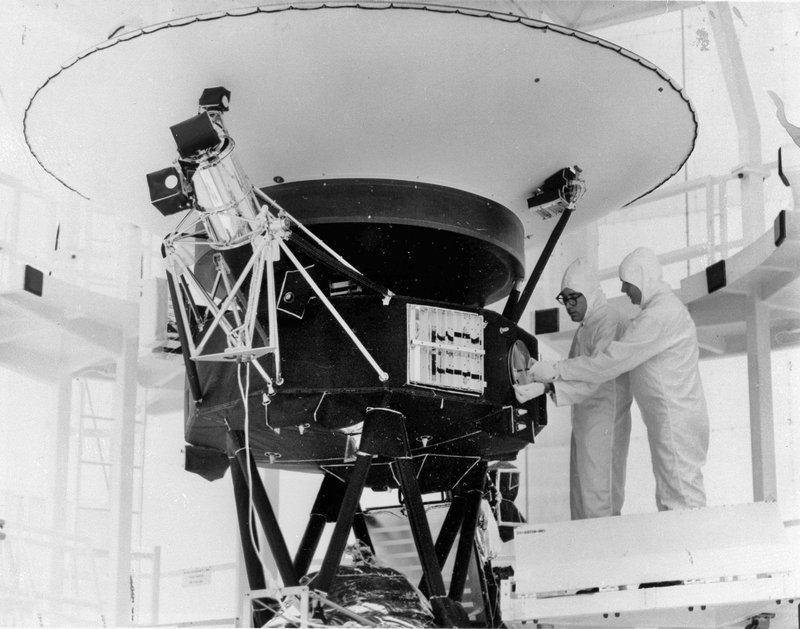
Syrian troops massed around the town of Douma on Tuesday after a powerful rebel faction refused to evacuate, threatening the resumption of the ferocious air and ground offensive that has driven rebels from the rest of the eastern Ghouta suburbs of Damascus.
Thousands of fighters have already evacuated the suburbs with their family members and other civilians, but the Army of Islam said it was determined to stay in its stronghold, Douma, the largest town in eastern Ghouta.
“The negotiations are to remain, not to leave,” Army of Islam spokesman Hamza Bayraqdar told the Dubai-based Al-Arabiya TV from inside Douma.
Russia, a key ally of Syrian President Bashar Assad, gave the group 48 hours to agree to leave or face a final assault on the town, where Syrian opposition activists say some 150,000 civilians are trapped. The Russian military has said it will not tolerate the presence of armed groups near the capital.
Residents trapped in Douma said they wanted a quick settlement to end the siege.
“The Army of Islam has taken the decision to stay put, but there is hope they will change their mind,” said a Douma-based opposition activist, who spoke on condition of anonymity for fear of reprisals.
Pro-government media said Damascus was sending in reinforcements.
Hezbollah-run Al-Manar TV said the Army of Islam, which is only negotiating with Russia, was refusing to discuss the release of prisoners and was obstructing the talks. Hezbollah, a Lebanese militant group, fights alongside Assad’s forces.
Tens if not hundreds of thousands languish in Syria’s notorious prisons, where severe mistreatment and torture are rampant. Syria executed between 5,000 and 13,000 prisoners between 2011 and 2015, according to an Amnesty International report released last year. The US State Department, citing satellite photos, said authorities had built a crematorium to hide the scope of the killings.
The government has refused to negotiate any mass prisoner release despite pressure from the U.N. Late Monday, rebels released 28 prisoners to the government.
Pro-government forces besieged all of eastern Ghouta in 2013. Last month, the government launched a massive ground operation with Russian air support to retake the region. After weeks of heavy bombardment, two other rebel groups as well as al-Qaida fighters withdrew from their strongholds, leaving Douma as the last major town in rebel hands.
More than 1,600 civilians have been killed in the government offensive, according to the Britain-based Syrian Observatory for Human Rights.
More than 120,000 crossed the front lines for safety, the Russian military said Tuesday. Authorities registered them at camps around the capital, and men of fighting age are being conscripted into the Syrian army. Another 20,000 fighters and civilians, refusing to reconcile with the government, have elected to relocate to the rebel-held Idlib province in northern Syria.
Tens of thousands more are expected to follow them north to Idlib, where more than 1 million displaced Syrians have already sought refuge. Living conditions in the camps there are abysmal, the U.N. and aid agencies say, and the region is frequently targeted by airstrikes that have killed large numbers of civilians.
The exodus from eastern Ghouta, which was home to an estimated 400,000 people before the latest offensive, is shaping up to be one of the largest organized population transfers in the country’s seven-year civil war. The Syrian opposition and the United Nations say the displacement amounts to forced migration.
Bayraqdar, the Army of Islam spokesman, said Douma’s fighters and residents refuse to be part of “demographic change,” saying “those who leave cannot dream of returning.”




